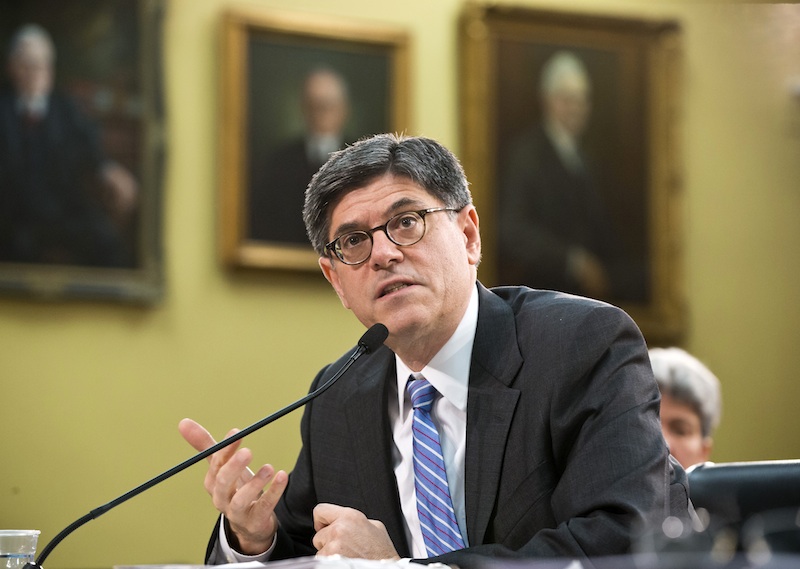TOKYO (AP) — A document from secret U.S.-led trade talks published by WikiLeaks is revealing rifts that add to doubts over whether the dozen nations involved will manage to finalize a deal by the end of the year as planned.
Officials in Asia refrained from commenting on the document that anti-secrecy website WikiLeaks published Wednesday. The negotiating document from late August outlines the status of talks on intellectual property protections, one of the most contentious areas of the Trans-Pacific Partnership trade talks.
The 95-page document is peppered with bracketed initials showing the stances of countries on details of a complex and extensive agreement on protection of trademarks, copyrights and patents, suggesting that back then, they remained far apart.
With just over six weeks left in 2013, U.S. lawmakers are raising objections to granting President Barack Obama authority to negotiate such a wide-ranging trade deal.
The Trans-Pacific Partnership is meant to be a first step toward a comprehensive regional free trade arrangement that could rival the European Union in scope, though it does not necessarily aspire to the same degree of political and economic integration. Members range in size from tiny but oil-rich Brunei and developing Vietnam to the U.S., Japan and Australia.
How much progress has been made since talks in late August in Brunei is unclear. Governments participating in the negotiations agreed to keep details of the talks secret, a requirement that has rankled civil society groups and frustrated some of those involved in the negotiations.
Japanese media reported that U.S. Treasury Secretary Jacob Lew and economy minister Akira Amari exchanged “heated words” when they met in Tokyo earlier this week.
Japan’s chief cabinet secretary, Yoshihide Suga, refused to comment on the document.
Among other issues, Japan has balked at dismantling its bulwark of protections for agricultural products, especially for rice growers and beef and dairy farmers who remain a bastion source of support for the ruling Liberal Democratic Party.
Lew is among several senior economic officials of participating countries traveling in Asia ahead of a meeting scheduled for early December in Singapore. Australia’s trade minister, Andrew Robb, is visiting Japan, China and South Korea hoping to make progress on the U.S.-led pact and on free trade negotiations with China and South Korea.
Obama has made the TPP a highlight of his pledge to double U.S. exports, saying it would create jobs while helping U.S. manufacturers, service providers, farmers and ranchers compete in the 21st century’s competitive, globalized economy.
But he has not yet won agreement from Congress on extending a “fast-track” trade promotion authority that would allow his administration to guarantee it can deliver on the promises it makes in the talks.
A letter to Obama released on the website of U.S. Rep. Rosa DeLauro, a House Democrat, expressed concern over excluding Congress from the decision-making process.
“Given our concerns, we will oppose ‘Fast Track’ Trade Promotion Authority or any other mechanism delegating Congress’ constitutional authority over trade policy,” said the open letter, signed by 151 Democrats.
The aid group Doctors Without Borders objected to stringent protections for patents on pharmaceuticals that would benefit drug companies, one of the chief objectives of the trade talks.
The document “confirms that the U.S. government continues to steamroll its trading partners in the face of steadfast opposition over terms that will severely restrict access to affordable medicines for millions of people,” it said in a statement.
“The U.S. is refusing to back down from dangerous provisions that will impede timely access to affordable medicines,” the group said, praising what it said was resistance from other countries to the U.S. position.
Copyright 2013 The Associated Press. All rights reserved. This material may not be published, broadcast, rewritten or redistributed.






